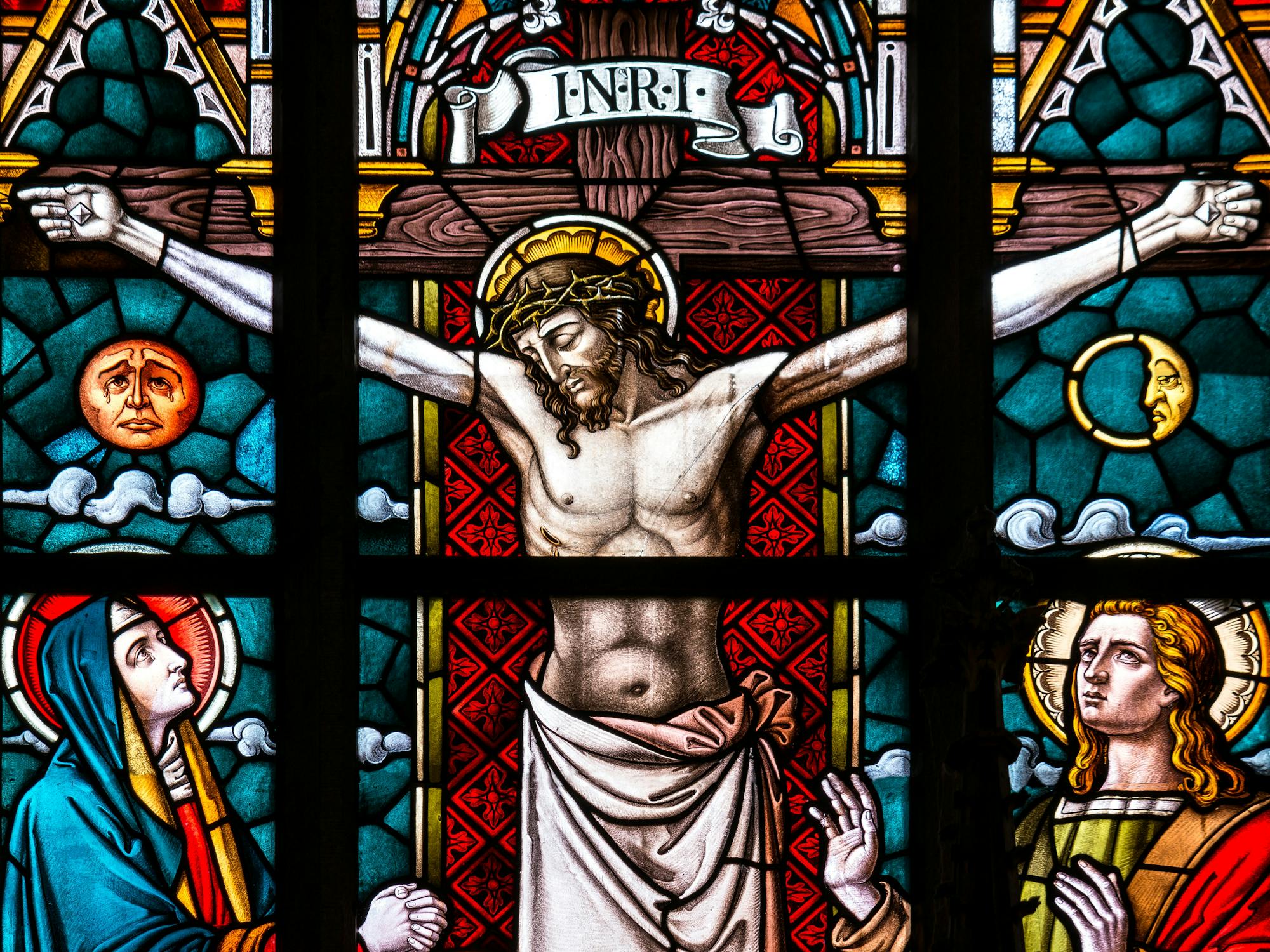The question touches on profound aspects of faith and the nature of God’s plan as revealed in the Scriptures. To understand the distinction between human sacrifices as practiced by ancient cultures and the sacrifice of Jesus, it is essential to grasp the context and purpose behind each.
In the Old Testament, God expressly forbids human sacrifice, which was a practice among some pagan cultures. For instance, Deuteronomy 12:31 says, “You must not worship the Lord your God in their way, because in worshipping their gods, they do all kinds of detestable things the Lord hates. They even burn their sons and daughters in the fire as sacrifices to their gods.” This verse highlights God’s abhorrence of human sacrifice, viewing it as a detestable act that is entirely contrary to His nature and commands.
The sacrifice of Jesus, however, stands apart in several key aspects. Firstly, it was a voluntary act of love by Jesus, who is both fully God and fully man. John 10:18 says, “No one takes it from me, but I lay it down of my own accord. I have authority to lay it down and authority to take it up again. This command I received from my Father.” Jesus’ sacrifice was not an act of humans trying to appease God through barbaric practices but was a divine initiative rooted in love and aimed at reconciling humanity with God.
Secondly, the purpose of Jesus’ sacrifice was to atone for the sins of humanity once and for all, offering redemption and restoring the broken relationship between God and humanity. Hebrews 10:10 states, “And by that will, we have been made holy through the sacrifice of the body of Jesus Christ once for all.” Unlike the repetitive and ineffective sacrifices of the Old Testament, Jesus’ sacrifice was complete, perfect, and sufficient to cover all sins.
Lastly, Jesus’ sacrifice was not merely a physical death but also entailed bearing the full weight of humanity’s sin and separation from God. This act of ultimate love and self-giving was not abominable but was instead the fulfillment of God’s redemptive plan, as foretold by the prophets and necessary for the salvation of humankind.
Understanding the sacrifice of Jesus requires seeing it through the lens of God’s overarching narrative of redemption, love, and the restoration of relationship with His creation, rather than equating it with the human practice of sacrifice that God Himself condemned.





Leave a Reply